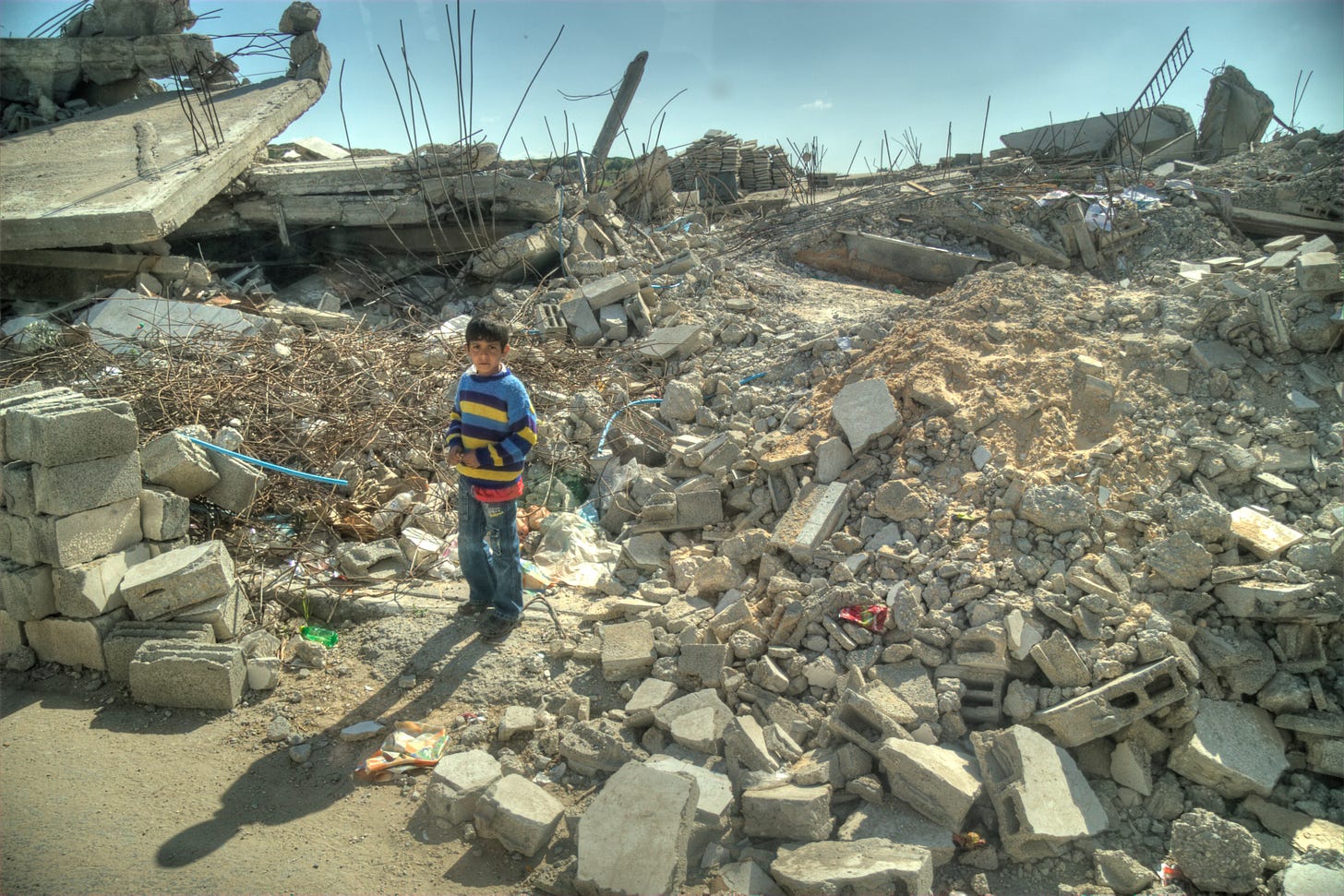Israeli Ambassador summoned after diplomatic convoy comes under fire in Jenin
Among those present was Frederico Nascimento, Portugal’s chief diplomat in Ramallah, who was unharmed.

The Portuguese government has summoned Israel’s ambassador in Lisbon after Israeli forces opened fire near a diplomatic delegation visiting the Jenin refugee camp in the occupied West Bank on Wednesday.
The convoy, which included more than 20 diplomats from countries including Portugal, France, Spain, Turkey, and Egypt, was on an official visit to assess humanitarian conditions in the area.
Among those present was Frederico Nascimento, Portugal’s chief diplomat in Ramallah, who was unharmed.
The group also included journalists and other observers.
According to footage circulated by Palestinian news agency WAFA, Israeli soldiers fired shots as members of the delegation were giving interviews near the camp entrance.
The Israeli army later admitted to firing “warning shots” and claimed the group had deviated from a pre-approved route, entering a restricted zone. It expressed “regret for the inconvenience.”
In response, Portuguese Foreign Minister Paulo Rangel issued a statement condemning the incident and confirmed that Israel’s ambassador had been summoned to provide explanations.
The Palestinian Authority described the shooting as a “heinous crime” and a “serious violation of international law,” highlighting what it views as a pattern of disregard by Israeli forces toward diplomatic and humanitarian norms.
The incident comes at a time of mounting international criticism over Israel’s ongoing military operations in Gaza and the West Bank.
PM Montenegro’s reaction
In a rare move, Portuguese Prime Minister Luís Montenegro publicly condemned what he called the “absolutely intolerable” humanitarian crisis in Gaza.
In a post on social media platform X, Montenegro demanded the “immediate, safe and unrestricted” entry of humanitarian aid to save the lives of “millions of human beings, including children, women, and the sick.”
Europe takes a tougher stance
This marks a notable shift in Lisbon’s tone, aligning it more closely with a broader recalibration of the European Union’s stance toward Israel.
This week, 17 of the EU’s 27 foreign ministers backed a Dutch proposal to review the EU-Israel Association Agreement, which governs diplomatic and trade relations between the two sides.
Central to the review is whether Israel has violated its human rights obligations under Article 2 of the agreement, particularly in light of the humanitarian blockade in Gaza that has severely restricted the delivery of aid for over two months.
High Representative for Foreign Affairs Kaja Kallas confirmed the EU will now launch a formal review process and emphasized that “any threat to the safety of diplomats is unacceptable.”
While countries like Ireland, Spain, and France have publicly backed the review, others such as Germany and Hungary remain opposed.
Hungary also blocked a separate proposal to impose sanctions on violent Israeli settlers in the West Bank.
The broader European reassessment comes after months of growing frustration over Israel’s conduct in Gaza, which has intensified since the start of its military campaign in October 2023 following Hamas’s attack.
Although Israel has recently allowed limited aid into Gaza, Kallas noted this was merely a “drop in the ocean” and stressed the need for sustained humanitarian access.
Consequences of incident
The Jenin incident has further heightened concerns in European capitals about the safety of diplomats operating in the region and added pressure on Israel to demonstrate accountability.
Several European governments, including Spain, Ireland, and Italy, have announced they will summon Israeli ambassadors for explanations and are calling for a thorough investigation.
Turkey and Egypt, whose diplomats were also present in the convoy, issued strong statements condemning the incident as a breach of diplomatic protocol and international law.
The episode underscores the growing diplomatic strain between Israel and its European partners, as the humanitarian toll in Gaza continues to mount and as questions intensify over the legality and proportionality of Israeli military actions.



